11 Everyday Essentials Getting Slammed by Tariffs This Week
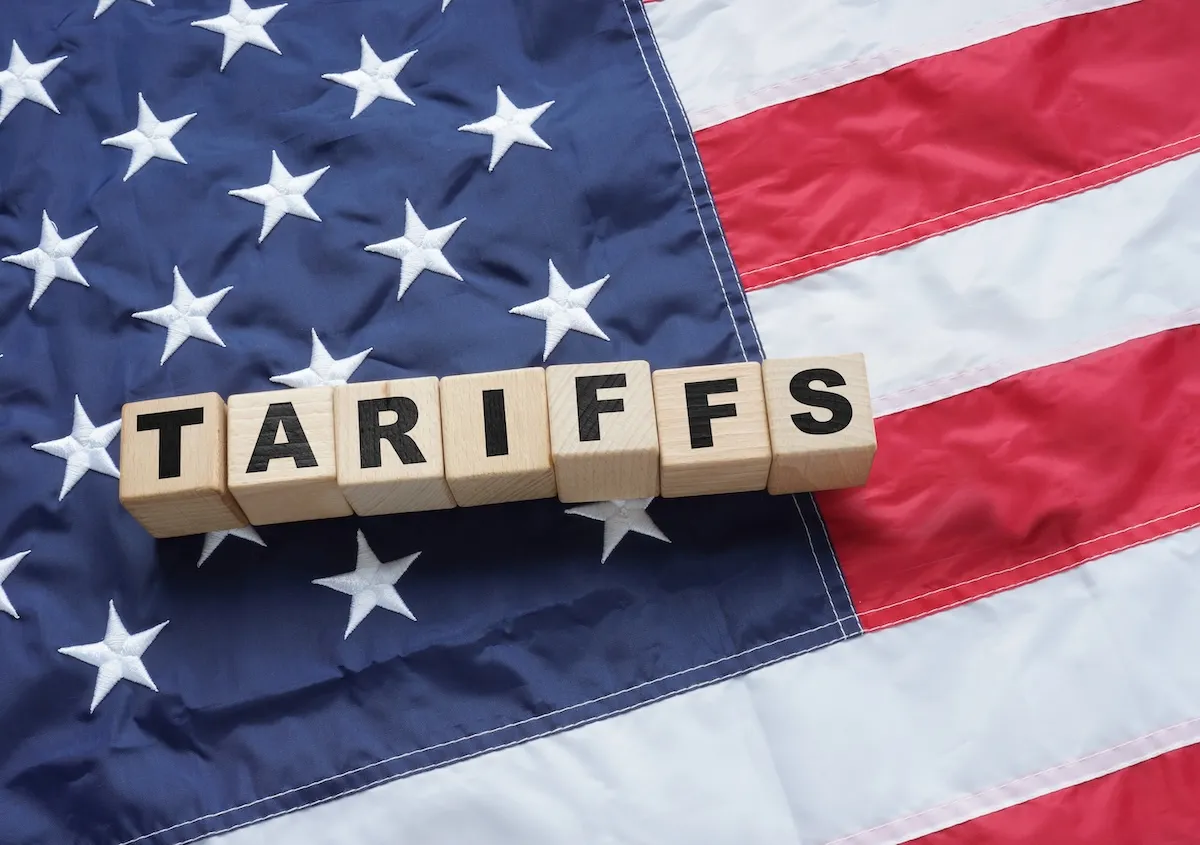
President Trump’s sweeping “Liberation Day” tariffs—10% across the board and up to 49% for select countries—are already reverberating through the supply chain. While shoppers may expect higher prices on wine or cheese, some of the new costs are hitting items that might seem unrelated to geopolitics at first glance. Retailers are still deciding how much of these price hikes to absorb and how much to pass along. But for now, expect changes—especially for imported products from countries like Vietnam, India, Cambodia, and Switzerland. Here are 11 surprising groceries and food-adjacent items that may soon come with a heftier price tag.
Cashews from Vietnam

Cashews are a staple of trail mixes, snack packs, and charcuterie boards. Vietnam supplies nearly 90% of the U.S.’s imported cashews—and with the country now hit with a 46% tariff, these creamy nuts could become a premium-priced pantry item.
Pineapples from Costa Rica

Pineapples may feel like a tropical American favorite, but roughly 88% come from Costa Rica. That country’s products are now subject to a 10% tariff, meaning both fresh and dried versions of the fruit may see higher shelf prices later this spring.
Coconut Milk from Thailand
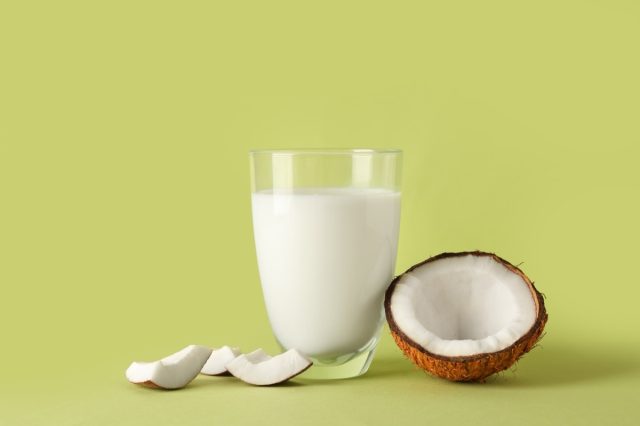
Thailand’s 37% tariff could affect a range of products—but coconut milk may be the sleeper hit. Essential for curries, smoothies, and dairy-free desserts, coconut milk has limited domestic alternatives, which could push costs up faster than expected.
Christmas Candy and Chocolates from Switzerland

Swiss chocolate brands like Lindt are already a luxury—but they might soon be in the splurge category. Switzerland is facing a 31% tariff, and that could impact everything from gift boxes to seasonal candies as retailers decide how to handle the price hikes.
Seaweed Snacks from South Korea
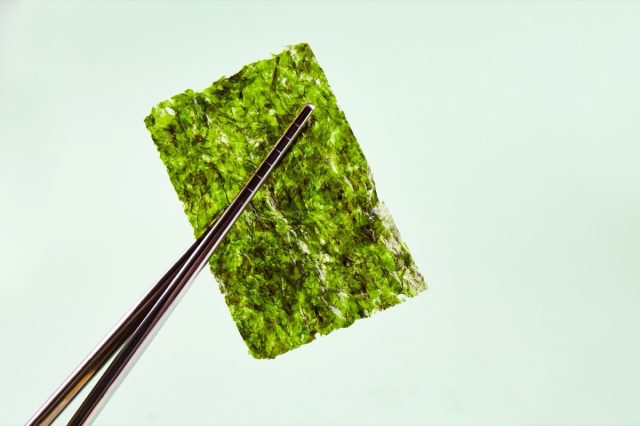
Fan-favorite roasted seaweed snacks are often sourced directly from South Korea, which is now dealing with a 25% tariff. Bulk-pack snackers at Costco and other wholesale stores may be the first to notice when these crunchy packets quietly creep up in price.
Imported Christmas Lights from Cambodia
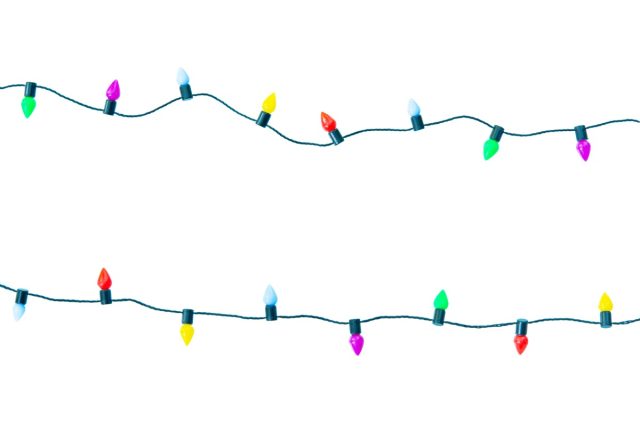
While not food, these are often sold in grocery chains’ seasonal aisles. Cambodia supplies more than two-thirds of the U.S.’s LED and non-LED Christmas lights, and with a 49% tariff now in effect, festive displays may come at a premium.
Synthetic Vanilla from Madagascar

While the world’s priciest natural vanilla comes from Madagascar, many cheaper synthetic versions are also imported. Madagascar faces a 20% tariff, and although prices may not change immediately, bakers should brace for steeper costs heading into holiday season.
Diamond Engagement Rings from India

India supplies 45% of America’s cut and polished diamonds—and 92% of its synthetic diamonds. With a 26% tariff now levied on Indian goods, the price of a proposal could jump unexpectedly, even if the grocery aisle doesn’t sell the ring.
Imported Instant Coffee from Malaysia
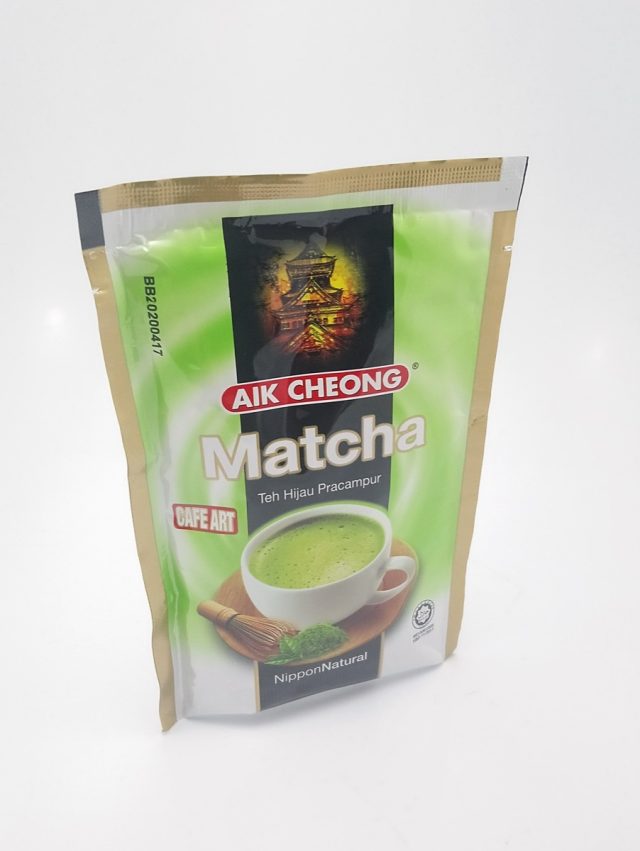
Three-in-one coffee blends are a breakfast staple in many immigrant households and a trendy item among younger shoppers. Malaysia now faces a 29% tariff, and that could ripple through instant coffee prices on brands like Aik Cheong and OldTown.
Cigars and Cigarillos from the Dominican Republic
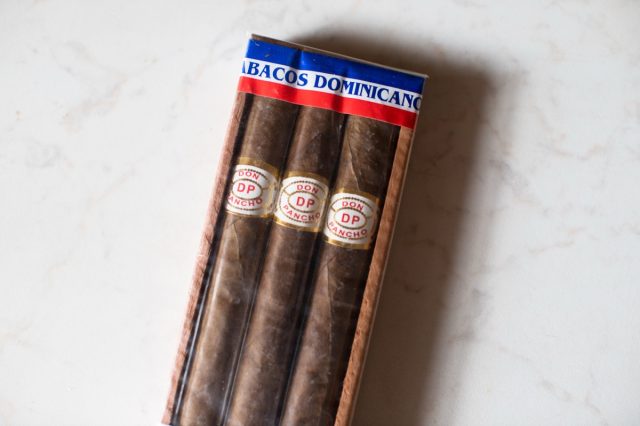
Although not a grocery staple, cigars and cigarillos are often sold in stores with wine and snacks. The Dominican Republic, which supplies 64% of U.S. cigar imports, is now under a 10% tariff, making this indulgence costlier.
Watches and Luxury Gifts from Switzerland
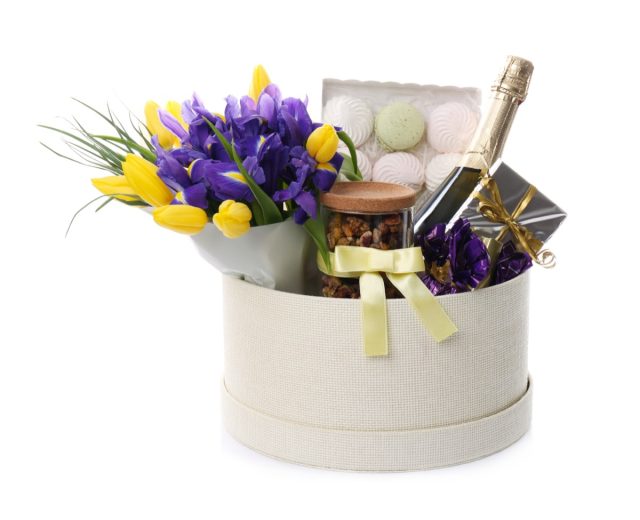
Watches may not be a food item, but they often sit next to gourmet gift baskets during the holidays. Switzerland’s 31% tariff could affect the price of high-end holiday bundles, especially ones that combine chocolate, champagne, and timepieces.









